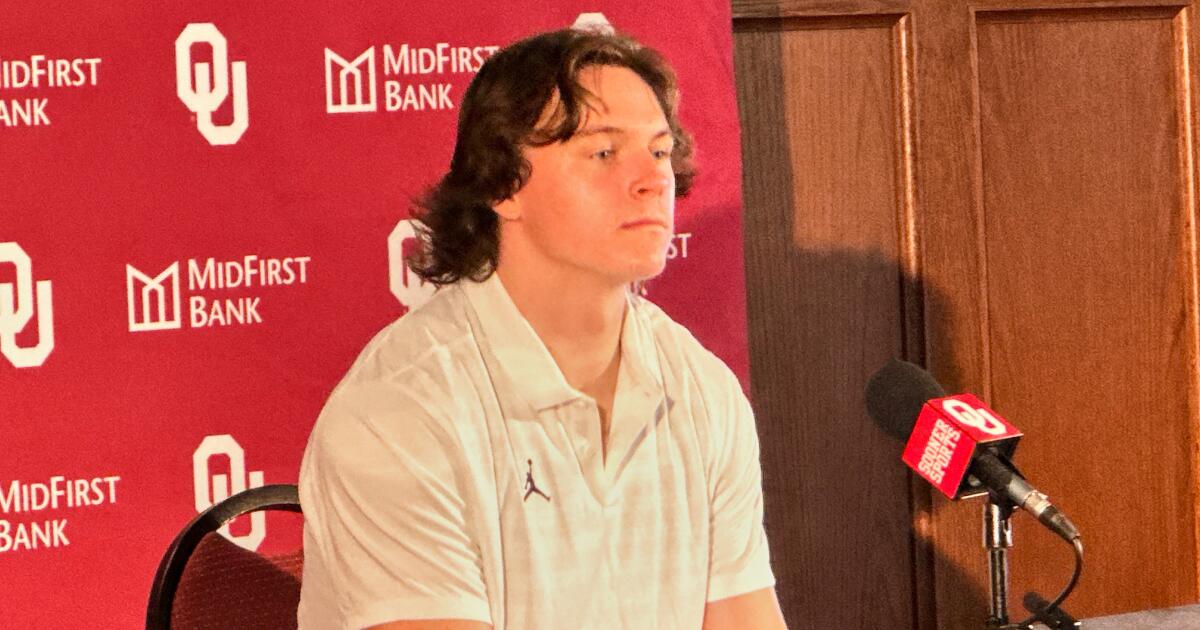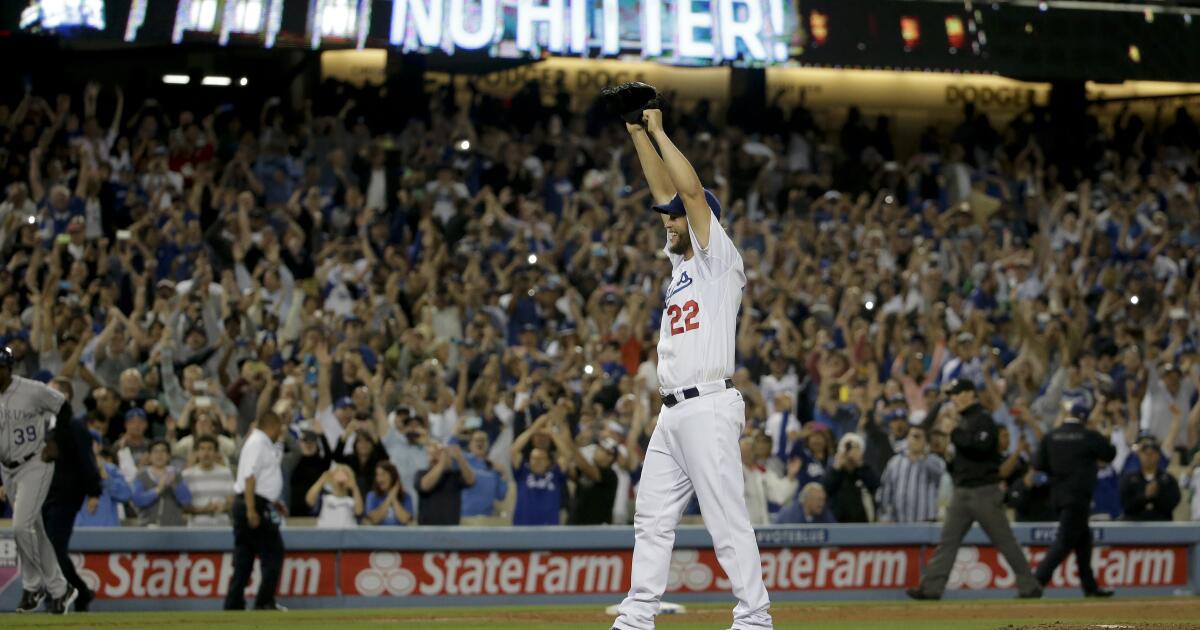If only! On June 18, 2014, the airwaves and the internet lit up in collective awe at one of the greatest athletic feats in modern history. Clayton Kershaw recorded 15 strikeouts in a 107-pitch no-hitter that many consider the best single-game pitching performance of all time. The asterisk of this epic Dodgers game was the one error in the seventh inning that prevented its official recognition as a “perfect game”: When the Rockies’ Corey Dickerson tapped the ball toward the mound, Dodgers shortstop Hanley Ramirez botched a throw to first base, and Dickerson made it to second.
If only Ramirez had made the play at first! If only coach Don Mattingly hadn’t substituted the ailing Ramirez one inning prior! Los Angeles was one bruised right finger away from celebrating perfection.
Baseball has a celebrated history of quantifying value. No professional sport embraces numbers and statistics in the way baseball does. Statisticians are as much a part of the game as the dirt, chalk and grass. Although baseball has been collecting data since the late 1800s, the empiric statistical analysis that is part of our game today dates back to 1977 with the introduction of sabermetrics.
It’s critical to the game: How else are we to determine success when the majority of what we see is failure? The best hitters in baseball are those who only fail less than 70% of the time; in other words, have a batting average over .300. These perennial all-stars will experience the dissatisfaction and humility of an out in 7 out of every 10 plate appearances. In what other profession can you fail 70% of the time and be considered one of the greats? Consider the mental strength required to accept failure as part of the game and the focus to view each at-bat as an opportunity to fail a little bit less.
We need a similar kind of thinking in life to quantify value in our failure rates.
A “perfect game” is defined by Major League Baseball as a game in which a team pitches a victory that lasts a minimum of nine innings and in which no opposing player reaches base. It’s so rare because failure — by pitchers as well as batters — is expected as a matter of course. Francis Thomas Vincent Jr., the eighth commissioner of MLB, is quoted as saying: “Baseball teaches us, or has taught most of us, how to deal with failure. We learn at a very young age that failure is the norm in baseball and, precisely because we have failed, we hold in high regard those who fail less often — those who hit safely in one out of three chances and become star players. I also find it fascinating that baseball, alone in sport, considers errors to be part of the game, part of its rigorous truth.”
On June 19, 2014, the fans and commentators of baseball praised in dramatic fashion Kershaw’s dominant no-hitter, but with a subtle tone of confusion and denial of the ugly blemish recorded across the team’s box score: 0-0-1. Zero runs. Zero hits. One error. One base runner. An imperfect game. If only!
The collective hope for perfection is understandable. Most people are afraid to fail.
Parades aren’t held for the runner-up. Grades aren’t given just for trying. Job promotions aren’t offered for making mistakes. Placing perfection on a pedestal relieves the collective anxiety — but prohibits the opportunity — of accepting failure as an integral part of life. For an individual, failure is an opportunity to grow and become a better person. For a business, failure is an opportunity to pivot and redefine success. The opposite of perfection is not failure. It is accepting the opportunity to learn from transgressions. Winston Churchill once quipped, “The maxim, ‘Nothing prevails but perfection,’ may be spelled P-A-R-A-L-Y-S-I-S.”
Almost to the day, 75 years before Kershaw’s no-hitter, the world of sports witnessed the catastrophic reality of paralysis. In June 1939, after a week of extensive testing at the Mayo Clinic, Lou Gehrig announced to the world that he had amyotrophic lateral sclerosis. This announcement happened to fall on his 36th birthday. This represented the end of Gehrig’s illustrious baseball career. But 75 years later, what is remembered about this man is not his career batting average of .340, seven-time All-Star appearances, six-time World Series championships, winning of the Triple Crown or two-time league MVP. Sabermetrics could not possibly explain Gehrig’s value to the sport. What endures is what no statistic can capture: his grace. His humility. His courage in the face of loss. What is remembered and honored is his response to the ultimate “failure”: a failure of upper and lower motor neurons to make necessary connections that ultimately leads to rapidly progressive muscle weakness and atrophy. In defiance to an illness that is uniformly fatal, Gehrig paid homage to his teammates, professional members of the MLB and its fans by proclaiming himself “the luckiest man on the face of the Earth.”
Similarly, sabermetrics misses the true greatness of Kershaw’s no-hitter. What could never be displayed in statistics or numbers was Kershaw’s response to the error. After Ramirez’s throwing error, his hat lay at the base of Kershaw’s pitching mound. As I watched from the stands, I could not hear what Kershaw said to Ramirez as he picked it up, dusted off and handed the hat back to his humiliated teammate. But his body language appeared unbelievably humble, accepting and supportive, as if to recognize the lesson of baseball, which is that errors are a celebrated part of the game. To dwell on errors and think “if only” leads to disappointment and blame, but to accept and embrace imperfections with a positive and optimistic attitude defines the ultimate success.
If only we could all be that perfect.
Josh Diamond is a physician in private practice in Los Angeles and a lifelong Dodgers fan. Some of his earliest memories are of attending games with his father; he now shares his love of the Dodgers with his son.

